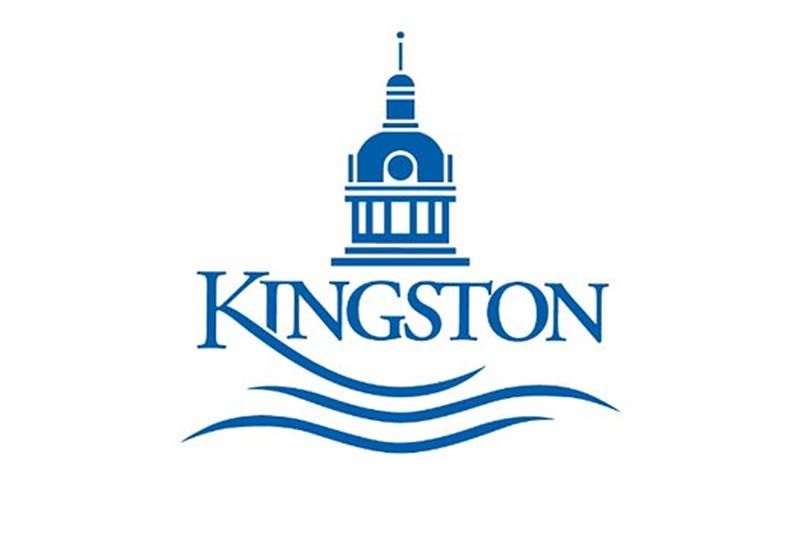Jeff Green | Jul 17, 2019
After a long gap, the Rural-Urban Liaison Committee (RULAC), a forum where members of Frontenac County and Kingston City Council have an opportunity to discuss issues related to their shared responsibilities, met on June 26.
The meeting was initiated by Frontenac County Warden Ron Higgins, after he had some conversations with Kingston Mayor Brian Patterson over the winter and spring. During those conversations, Patterson revealed that the city was unhappy about cost increases at the county owned Fairmount Home and the county run Frontenac Paramedic Services (FPS).
Both services have both a provincial, and a municipal funding component. The municipal funding responsibility is shared by the city and the county using a formula that is based on assessed property values within the two jurisdictions.
While Frontenac County Council decides on the budgets for FPS and Fairmount, the bulk of the municipal costs for them are paid out of City of Kingston coffers. This rarely leads to much consternation at city council so long as the levy to the city for Fairmount and FPS does not go up too much from year to year.
However, in December of 2018, representatives from Frontenac County came to a City of Kingston budget meeting with numbers that did not go down that well, an increase of 14.4% for Fairmount Home and 8.4% for Frontenac Paramedic Services.
While both the city and the county have long since passed their 2019 budgets, the city is asking Frontenac County to make some retroactive changes.
According to the minutes from the June 26 RULAC meeting, Kingston City Council is willing to cover their share of costs for a 7.7% increase for FPs and a 6.9% increase for Fairmount Home, and they want Frontenac County to cover the rest.
County officials pointed out that if the county went back and funded the difference by dipping into county reserve funds, it would only lead to an even greater upward pressure on the 2020 budget. County Chief Administrative Officer Kelly Pender and Treasurer Susan Brant both indicated they would not recommend that County Council open up the already approved 2019 budget to increase the county share of costs for Fairmount and FPS.
Pender acknowledged that the city could bring the matter to arbitration and even to court, but only the apportionment formula in the funding agreements is open to a court challenge, not the actual funding amounts.
According to the minutes from the meeting, Mayor Patterson indicated at the end of the exchange that the “city is prepared to go to court if the levy to the city is not reduced”.
A motion was forwarded from the RULAC meeting to Frontenac County Council to the effect that the “County of Frontenac reopen the 2019 budget for Frontenac Paramedic Service and Fairmount Home for budget levy.”
When contacted early this week, Frontenac County Warden Ron Higgins said that he does not expect Frontenac County Council will support this motion at its monthly meeting, which takes place this week, nor does he expect that any court action that the city decides to take will have any success.
“I had a look at the Municipal Act and it is pretty clear. I don’t see where they can really go with this,” he said.
He added that he believes that the friction between the county and the city can be resolved.
“I think this all came about because of a lack of communication. When we presented those budgets to Kingston City Council we were granted only ten minutes to explain the two budgets needed to increased, not enough time to explain, for example, that because of call volumes in the city a new shift was being implemented by FPS to serve Kingston and that was the main reason for the increase,” he said.
Higgins added that the root of the problem is that RULAC has not been meeting and the relationship between the county and the city has deteriorated as a result.
“I did not know what RULAC was all about. I think it only met once in my first term on council. My suggestion is that we meet more regularly so we can avoid any potential conflicts.”
This pending dispute over the 20-year-old funding models is taking place in the context of a climate of uncertainty, both in funding and governance, for both long term care and paramedic services.
The provincial government has stated its intention to change the delivery model for paramedic services radically within the next year, by merging paramedic service operators. There are currently 50 in Ontario and they intend to reduce that to 10. Under this scenario, it is highly likely that FPS will no longer exist in its current form.
Long Term Care Facilities, such as Fairmount Home, operate under a license and a provincial funding formula that is administered by Local Health Integration Networks, which are being eliminated as part of wide-ranging health care reform.
More Stories
- No Winner Yet in Catch The Ace But Fundraising Target Met
- South Frontenac Food Bank Opens Second Location in Battersea
- Sharbot Lake Pentecostal Church Anniversary - 1925-2025
- Frontenac Holistic Health Fair - September 20 At Storrington Centre
- Odd Year For Real Estate - But Sales Are Steady Year Over Year
- 193rd Kingston Fall Fair
- Kim Phuc - the Napalm Girl - To Visit Flinton In November
- South Frontenac Council - September 2
- Sticker Shock - EV Charging Station To Cost North Frontenac Township
- 30th Anniversary Verona Car Show

